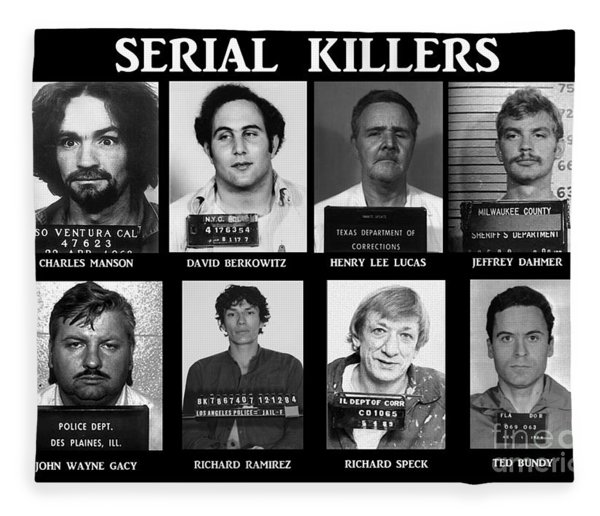Pop Culture Must Stop Exploiting Victims of True Crimes

Serial Killer stories that are made into films and series’ frequently misrepresent victims.
One of Hollywood’s most popular executive producers, Ryan Murphy, is a veteran to horror genres as he is an essential part of producing “American Horror Story,” a widely popular horror series. Within this genre, Murphy explored the infamous Jeffrey Dahmer case and produced “Dahmer—Monster: The Jeffrey Dahmer Story” on Sept. 21. Murphy’s angle on the Milwaukee Monster puts Dahmer in a more sensitive light which has caused audiences to gain sympathy for Dahmer and his anxiety disorders that “caused” the murders. While the series reached No. 1 on Netflix, it does not serve justice for the victims as the series seems to justify Dahmer’s behavior. Beyond murder cases such as Dahmer’s, victims from a variety of historically significant crimes often become frustrated when renditions of their stories do not tell an accurate and honorable narrative.
First of all, victims in this type of media commonly feel as though they are a minimal aspect of the story. In the 2019 Netflix Original “Extremely Wicked, Shockingly Evil and Vile”, the Ted Bundy serial killer film, sheds more light on Bundy and his relationship with his girlfriend Liz Kloepfer than the actual victims. While it is understandable that producers would not want to show graphic images of dismembered female body parts, victims were still not represented in a way that should have honored their lives and memories.
Series and films under this genre are equally notorious for portraying victims in a shameful light. For instance, the 2019 drama “Bombshell” exposes the sexual harassment scandals that female anchors on Fox News fell victim to Roger Ailes, the CEO of Fox News who was held accountable for these harassments, was presented in an accurate way: an old, wealthy privileged man who hires the long-legged blondes that can pull off a tight dress. However, in the majority of the film there are instances where women are made out to be weak, abused and fearful to come forward. Likewise, the film “Spotlight” explores the investigative journalism case where the Boston Globe broke a story about preachers sexually harassing young boys. The victims in the film are portrayed as weak, vulnerable men who were instilled with fear from their experiences, which certainly gives the audience empathy, but also presents the men as ashamed rather than showing how they overcame these instances.
From a contrasting perspective, some series withhold information about murderers. In 2018, streaming services released “Dirty John: The Betty Broderick Story”, a series surrounding the crumbling marriage between California couple Dan and Betty Broderick. This crime series follows Betty Broderick and the events that led up to night she murdered her ex-husband and his girlfriend, Linda, at the time. The series has actress Connie Britton portray Broderick as a wife who becomes psychotic after the split from her husband. However, the series fails to explain how cruel Dan Broderick was to his wife, which was a prime motive for Betty’s behavior.
Collectively, this is a recurring issue in film and victims are often traumatized when seeing a recollection of their trauma. Additionally, there are often inaccuracies in recreating these stories to create a more dramatic plot which can be detrimental to victims mentally. Let’s start to tell the stories right.

Kristyn Dentremont, Class of 2023, is co-Editor-in-Chief of The Searchlight. At Walpole High School, Kristyn is a captain of the girls' cross country...












